The Lekki Phase 1 Head Office of Alternative Bank became a hub of spiritual enlightenment as it hosted a well-attended Ramadan Tafsir and Iftar event. The gathering brought together prominent figures from the banking and religious sectors, with the Chief Missioner of NASFAT, Imam Maroofdeen AbdulAzeez Onike, delivering a captivating lecture on How to Be a Productive Muslim.
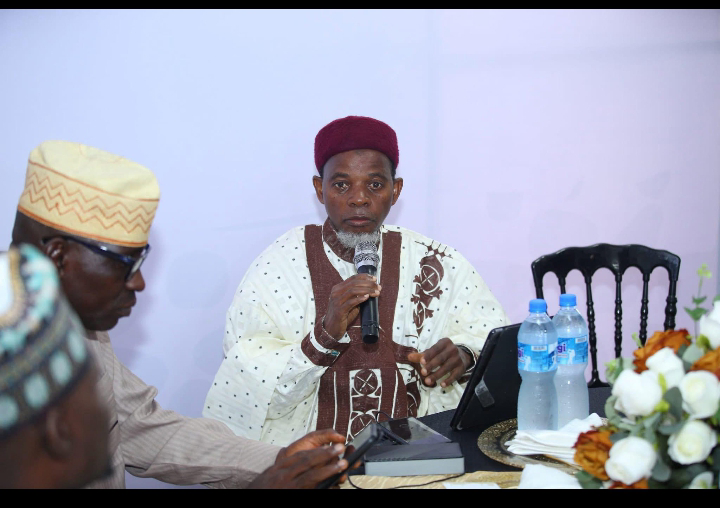
The event was graced by a high-profile delegation from NASFAT, led by its President, Alhaji Ayodeji AbdulWahid AbdulRauf. Also in attendance were Alhaja Ganiyat Omowunmi Babalola, National Women Affairs Secretary; Alhaji Shamsideen Owolabi Oseni, National Public Relations Secretary; Alhaji AbdulRahman Olarinde, Chairman of the Ramadan Committee; and Alhaji Uthman Lawal, Chairman of Iftar with Dignitaries. Their presence highlighted NASFAT’s dedication to promoting Islamic teachings in professional environments and fostering partnerships with ethical financial institutions.
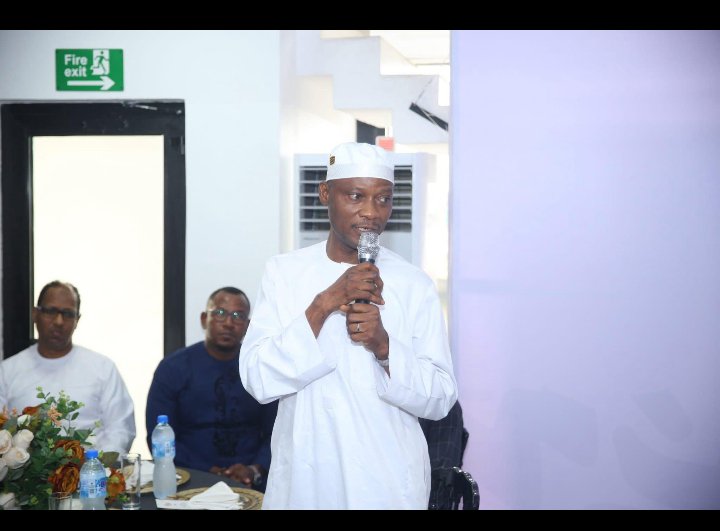
Imam Onike’s lecture resonated deeply with the audience as he emphasized the importance of discipline, self-development, and faith-driven success. Drawing from the Qur’an and Hadith, he provided practical steps for achieving both spiritual and professional growth. “True productivity,” he noted, “is rooted in purpose, sincerity, and ethical excellence.” His message underscored the need for Muslims to integrate Islamic values into their daily lives, particularly in the workplace.
Hassan Yusuf, Managing Director and CEO of Alternative Bank, commended NASFAT for its global impact in upholding Islamic values. He emphasized the critical role of faith-based financial institutions in promoting integrity and ethical prosperity. “By aligning economic advancements with Islamic principles, we ensure that societal development is both meaningful and sustainable,” Yusuf stated.
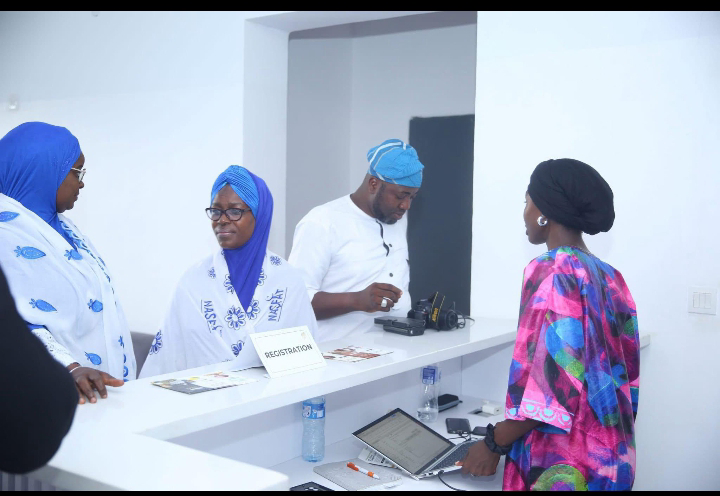
In his opening remarks, NASFAT President Alhaji Ayodeji AbdulWahid AbdulRauf praised Alternative Bank for fulfilling its mandate as an Islamic financial institution. He expressed confidence that the bank’s efforts align with the expectations of NASFAT and the broader Muslim community.

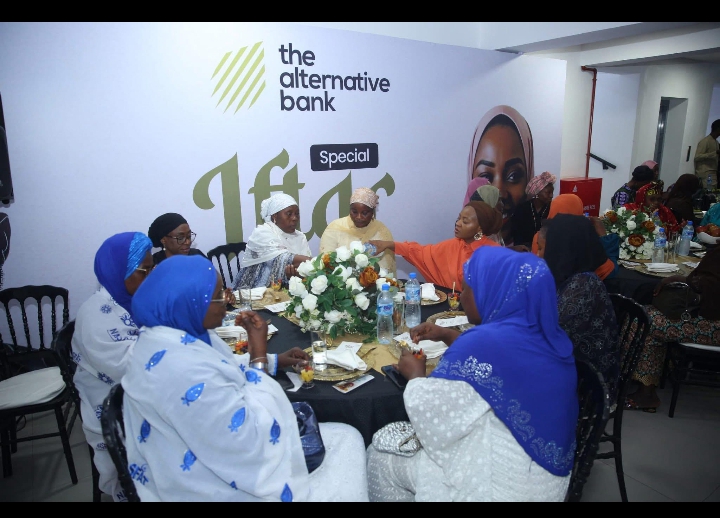
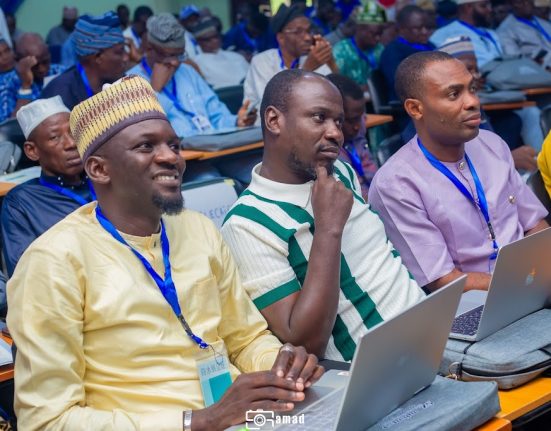
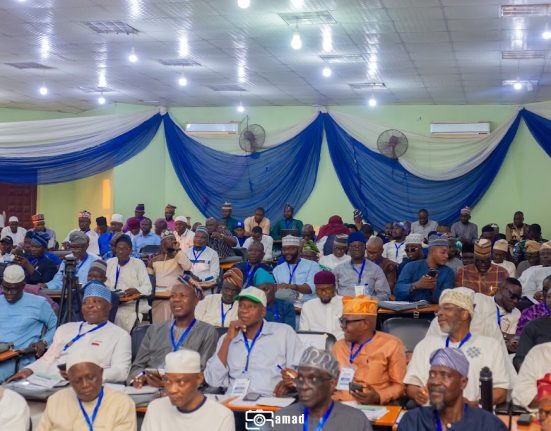
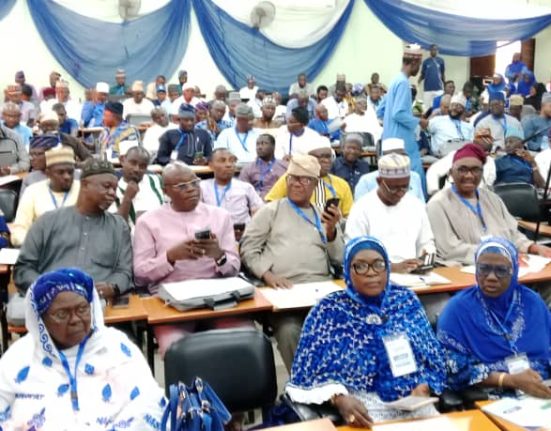
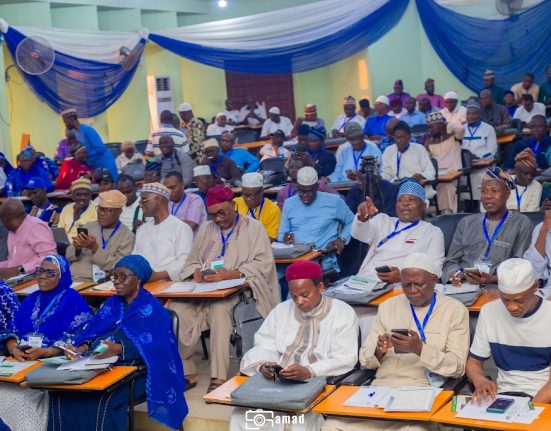
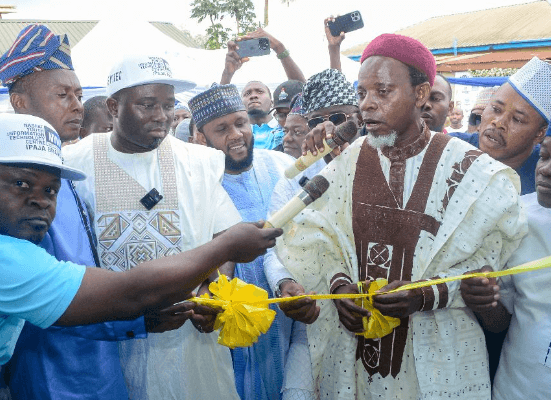
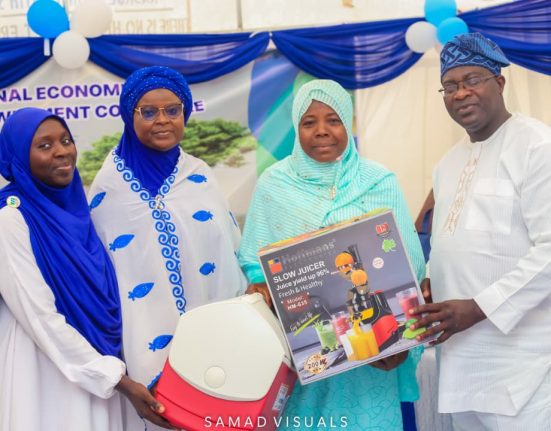
Leave feedback about this